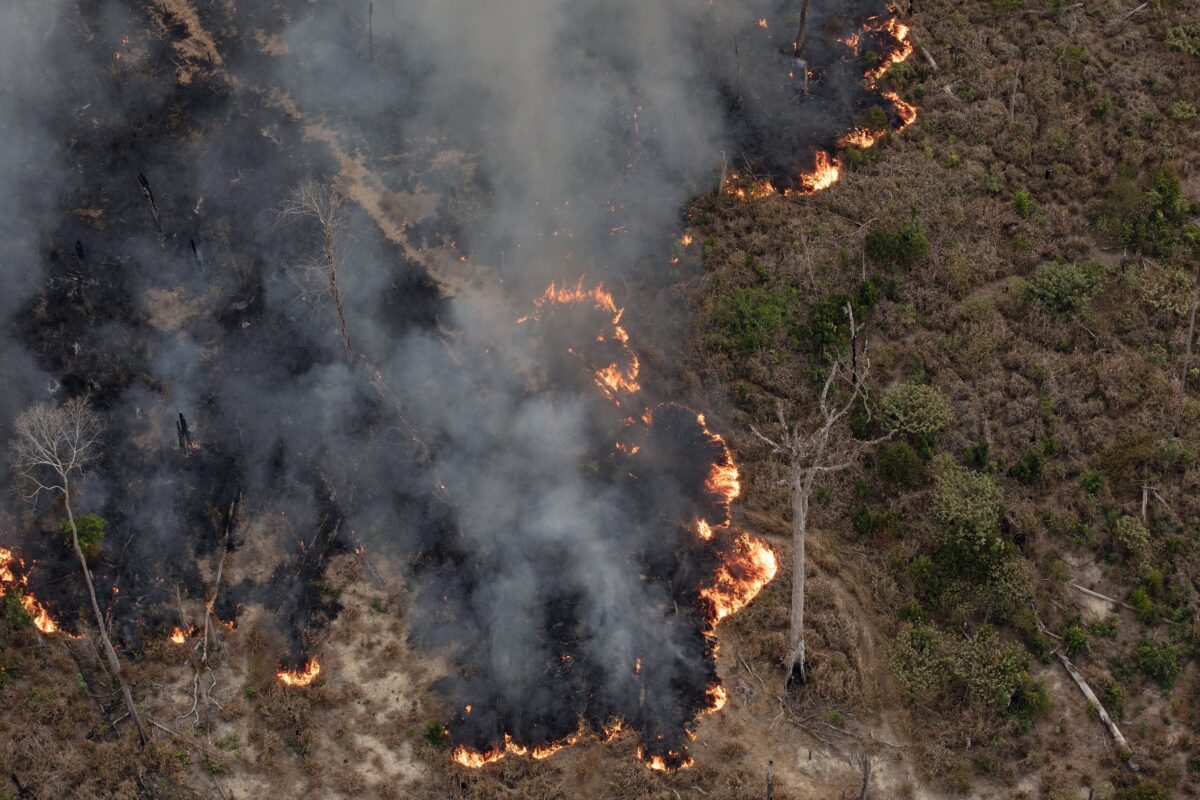
Green Revolution Begins: Northeastern Launches Groundbreaking Sustainability Innovation Week
Northeastern University Launches Groundbreaking Sustainability Innovation Week In a bold stride towards environmental consciousness, Northeastern University inaugurated its first-ever Sustainability Innovation Week from March 10-14, creating a dynamic platform for students and faculty to collaboratively tackle pressing environmental challenges. The immersive five-day event transformed the campus into a hub of green thinking, featuring an exciting array of lectures, interactive workshops, and innovative competitions. Participants had the unique opportunity to learn from leading environmental experts and engage in meaningful dialogues about sustainable living. This pioneering initiative not only educated attendees about critical environmental issues but also empowered students to become proactive agents of change. By bringing together diverse perspectives and cutting-edge insights, Sustainability Innovation Week marked a significant milestone in Northeastern's commitment to environmental stewardship and student-driven innovation. Through a blend of academic expertise and hands-on learning, the event inspired a new generation of environmentally conscious leaders, setting a powerful precedent for future sustainability efforts on campus and beyond.









